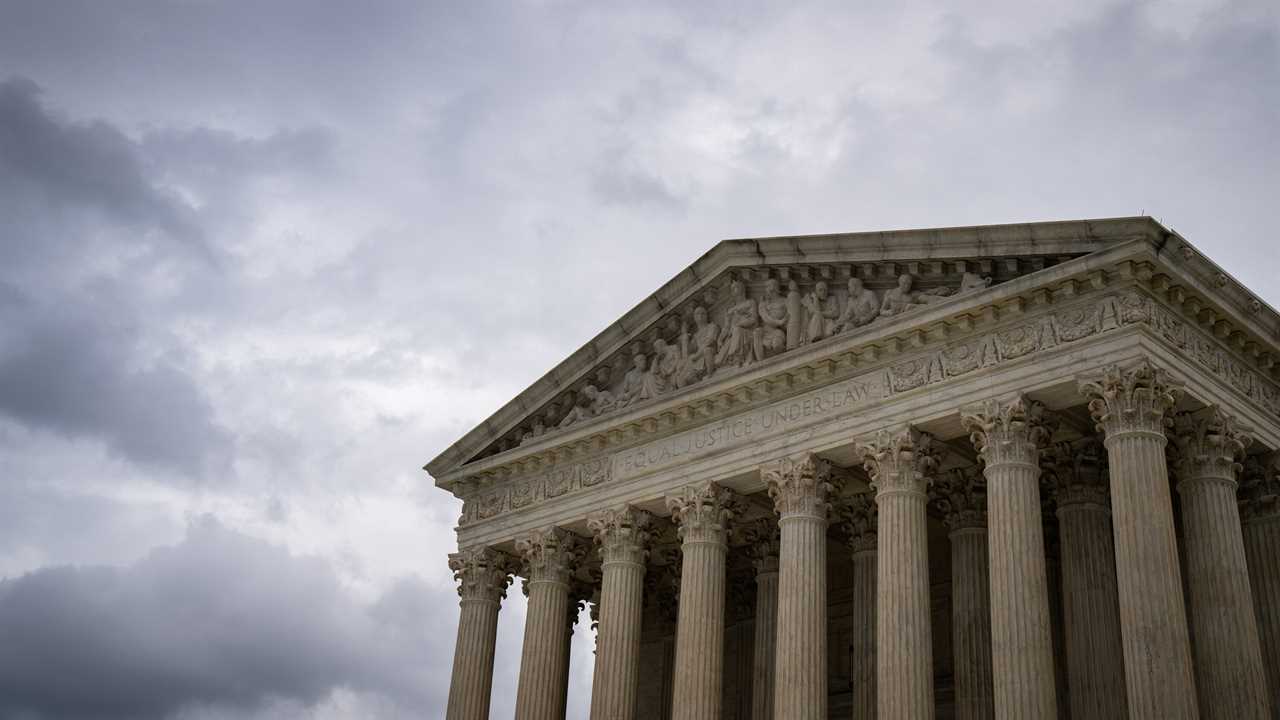
When the Supreme Court declined late Wednesday to block a severely restrictive Texas abortion law, it was fulfilling the long-held ambitions of a series of committed Republican presidents, senators and conservative activists who worked unceasingly for years to cement a reliable anti-abortion majority on the court.The decision confirmed the worst fears of reproductive rights activists, who had long warned that conservatives were moving aggressively to put in place a court majority that would upend abortion rights. And it showed the success of a carefully orchestrated master plan that required deep coordination among the conservative legal community, the White House and the Senate, combined with the willingness of Senator Mitch McConnell of Kentucky to play confirmation hardball.Mr. McConnell, the court-focused Republican leader, denied one Democratic president the right to fill one Supreme Court seat and then raced to fill another with a G.O.P. nominee before a subsequent Democratic president could. Both decisions transformed the ideological makeup of the court and made this week’s decision possible, with the court facing an opportunity to act more definitively against abortion rights this fall.“This has been the crux of our political strategy for decades,” said Mallory Quigley, the vice president for communications at the conservative Susan B. Anthony List. “It has been to elect pro-life presidents, pro-life senators and put in these pro-life legislators so they could nominate and confirm pro-life Supreme Court justices.”Those same justices all declared Roe v. Wade well-established precedent and the law of the land during their hearings before the Senate Judiciary Committee, in a time-honored tradition of offering vague euphemisms meant to convey judicial neutrality during their confirmation periods. They promised to keep open minds, testifying that no one involved in their nomination had even asked for their view of the case.But Democrats were always skeptical, pointing to the conservative backgrounds of the nominees and their strong support from the Federalist Society, a conservative pipeline for federal judges. Opponents now say their deep misgivings are being borne out.“We warned about it during the confirmation hearings,” said Senator Richard Blumenthal, a Connecticut Democrat who sits on the Judiciary Committee. “We refused to believe the lies from Supreme Court nominees that they would adhere to precedent.”For Republicans, it was the vindication of a bet made years ago that a focus on the court could help them achieve their policy objectives even if they did not have broad support among the public.The long-range conservative game plan reached fruition during the administration of Donald J. Trump, who won election in part by promising to put a conservative in the court seat Mr. McConnell left dangling open. Enthusiastically assisted by Mr. McConnell and Senate Republicans, Mr. Trump ended up naming three justices seen as hostile to abortion rights.Those three, Neil M. Gorsuch, Brett M. Kavanaugh and Amy Coney Barrett, joined with Justices Clarence Thomas and Samuel A. Alito Jr. in refusing to block the Texas law widely denounced as violating Supreme Court precedent, putting the court on the precipice of overriding Roe v. Wade.While the ruling was a win for conservatives, it posed political risks for Republicans and could stir a backlash that energizes Democrats and female voters before the 2022 midterm elections, which will be held after an anticipated court ruling on a second restrictive abortion law in Mississippi.President Biden assailed the decision as “an unprecedented assault on a woman’s constitutional rights” and promised to initiate a governmentwide review to find ways to maintain access to abortions.Democratic lawmakers called for Congress to enact legislation codifying guarantees to abortion access. Speaker Nancy Pelosi, labeling the ruling the act of a “radically partisan court,” said the House would vote on such a plan when it returns this month, even though Republicans would almost surely filibuster such a measure in the Senate.The decision led to renewed calls to expand the Supreme Court to offset the conservative majority that Democrats and progressives say was wrongly installed when Mr. McConnell refused to allow President Barack Obama fill the seat of Antonin Scalia after he died in 2016. The Republican leader then raced to seat Justice Barrett just days before Mr. Biden was elected last year. Mr. Biden has created a commission to study ways to overhaul the court, but has not endorsed a change.Leaders of the movement say that they still have a ways to go in building the necessary momentum to add seats to the court, but that the abortion decision will aid their efforts as Americans seeBy: Carl Hulse
Title: Texas Abortion Case Reflects Success of Conservative Strategy to Remake Court
Sourced From: www.nytimes.com/2021/09/02/us/politics/texas-abortion-conservatives-courts.html
Published Date: Thu, 02 Sep 2021 23:08:49 +0000
Read More
 UK PoliticsWorld PoliticsVideosPrivacy PolicyTerms And Conditions
UK PoliticsWorld PoliticsVideosPrivacy PolicyTerms And Conditions
